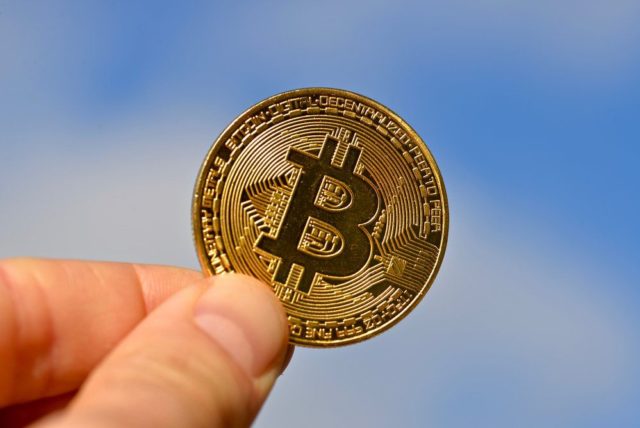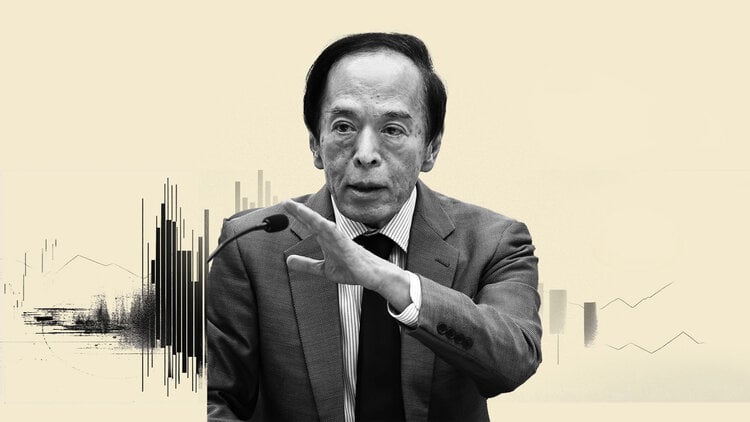After eight months in decline, the number of delinquent families in Brazil rose 0.5 percentage point in November, when compared to the previous month, reaching 26.1% of the population.
10.1% say they are unable to meet the commitment within the specified period. The data are from the survey released this Monday (29), by the National Confederation of Commerce of Goods, Services and Tourism (CNC).
The survey highlights that 75.6% of Brazilian families have some type of debt to mature in the month of November, whether due to credit card expenses, overdraft payments, payment slips and/or car and house payments. The increase was 1 pp, the 12th consecutive increase in the indebtedness rate.
More than 85% of Brazilians have credit card debt, according to CNC. In second place are the carnets, which are used by 20% of defaulting family groups.
The survey also shows that 36% of indebted households remain behind on accounts for more than a year. According to the study, this indicates that consumers are looking to ‘extend debt payment terms so that the monthly installment fits into the budget’.
CNC researchers estimate that the recent rise in interest rates was largely responsible for reducing the number of debts incurred in the last eight months. However, in November, Brazilians went back into debt, mainly due to the proximity of festive dates, such as Black Friday and Christmas.
“With the arrival of commemorative dates, it is natural for people to resort to methods to finance their additional expenses. The variation registered in the survey is corroborated by the seasonality foreseen always at the end of the year. It is clear that the increase in the interest rate leads people not to be indebted so much, but it is to be expected that at the end of the year people will have more debt than at the beginning of the year”, said the economist at Fundação Getúlio Vargas (FGV ), Renan Pieri.
For families with income above ten minimum wages, the proportion of indebted persons reached the highest level, increasing from 69.5% to 70.3% in November. This social group has reverted their savings, increased during the pandemic, to the consumption of services, according to the survey.
According to the same movement, the proportion of families with debts in arrears in the range of up to ten minimum wages also increased again from 28.9% to 29.4%. For this group, the negative highlight is the rise in inflation, which reduces purchasing power.
Reference: CNN Brasil
I am Sophia william, author of World Stock Market. I have a degree in journalism from the University of Missouri and I have worked as a reporter for several news websites. I have a passion for writing and informing people about the latest news and events happening in the world. I strive to be accurate and unbiased in my reporting, and I hope to provide readers with valuable information that they can use to make informed decisions.






